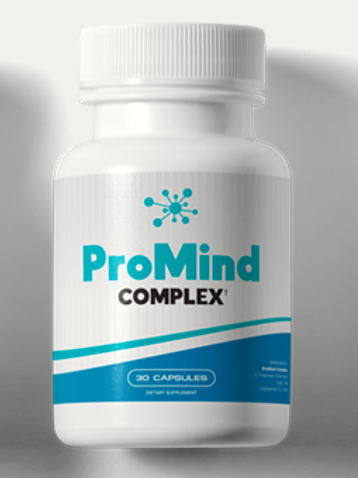How Memory Works
Your memory is one of the most important resources in your life. Your memories, feelings they launch, and associations to the meaning of events in your life create your identity and your view of reality. Who you are is based uopon who you think you are from past experiences and memories. Your very existance now and in the future is built upon your memories and your ability to recall them.
Unfortunately but sometimes forunately, your memories are distorted, forgotten, or totally wrong. There are things we need to forget, things we should never forget, and even memories we need to revise to face life. Memory is intelligence, ability to learn, and the foundation of all of life's skills. In time, we will explore all of these areas. For now, we will take a look at how memory and recall work from a very basic overview.
The challenge of improving the usefulness of your memory is not in "remembering" things. Brain experiments, primarily beginning in modern times with Hitler's evil projets on living humans, have shown that we most likely remember everything. Our brain seems to store every sound, smell, sensation, thought, and feeling of past events. Experimenters have triggered recalling or re-experiencing these events by using electric probes and shocking regions of the brain. So, our problem is not in "remembering" it is in recall.
Recalling relavent events is a complex process. It involves capturing details of an event accurately, analysing it, categorizing it, determining short or long term value, and being able to find it again once the experience, feelings, associations, etc. are packaged and filed away. It is like deciding what folder in your computer to store information.
Many factors influence our ability to form memories and recall them. The intensity of the event, how often it is repeated, when it happens, where it happens, the physical and emotional environment, timing, distractions, mental focus, and one's health or physical conditions all influence memories. As you know, time and the rythmes of how often you recall an event affect your memories. All of these areas must be explored.
Memory recall is a set of skills and habits that are developed over one's life time. Deciding what to remember, how long, and when to use this information is controlled by your values, beliefs, identity, health, and habits. To change one's recall skills, one must become aware of, explore, re-train, and practice many skills.
Types of Memory
Nearly every function of the mind and body that is not automatic is based upon it's specialized memories. Later we will explore automatic, semi-automatic, and cognitively controlled aspects of the mind and body. Here we over-simplify and explore obvious aspects of different types of memory. One has numerical memory for remembering and manipulating numbers; spatial memory for objects and locations; verbal memory; physical memories like how to ride a bike; memory of faces and names; just to name a few.
Most of these work differently are may require different methods to develop them. We can also divide memories into short term, long term, or permanent memories. One may need to only remember a telephone number long enough to dial it, yet recalls another telephone number for life.
